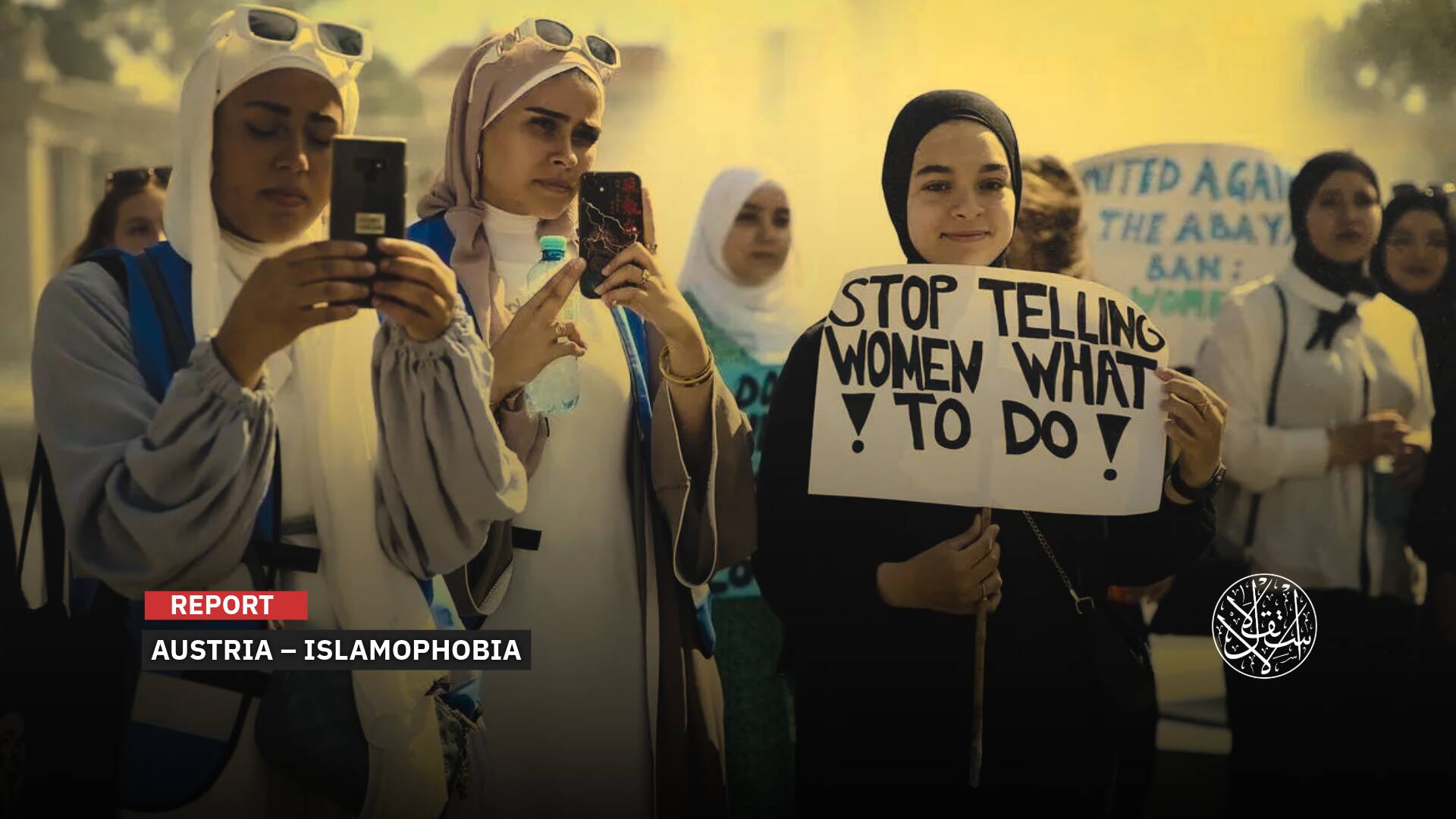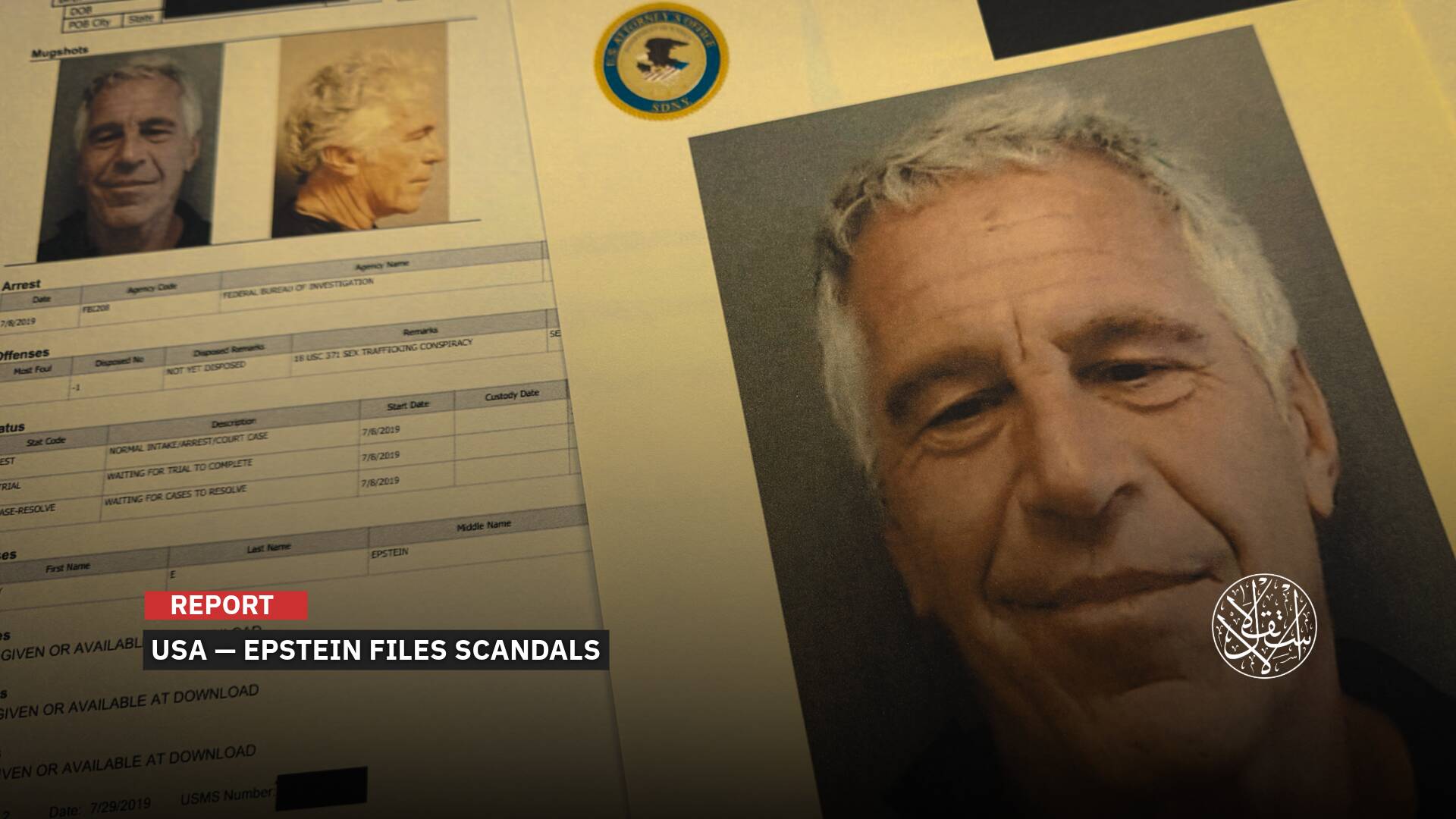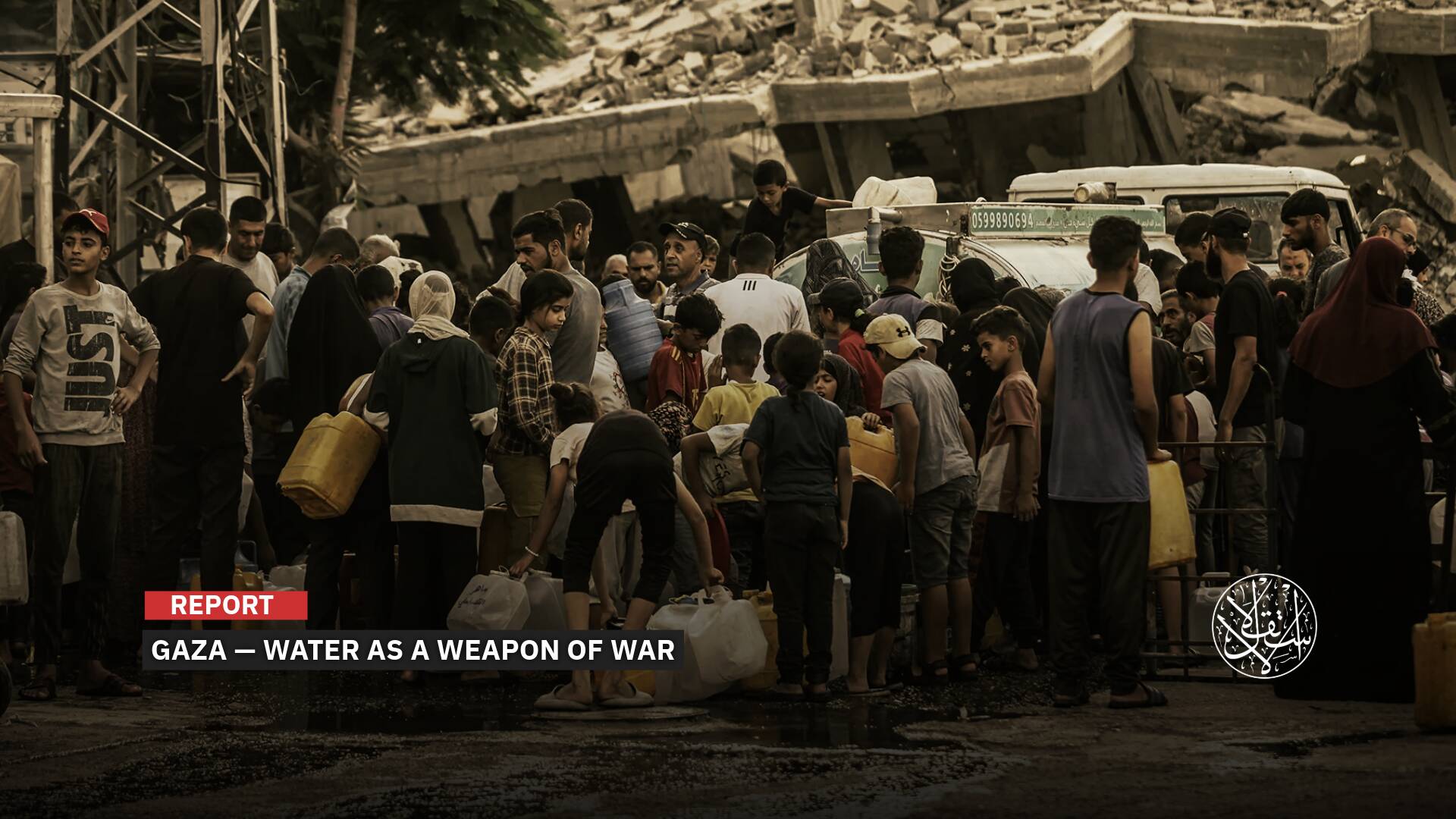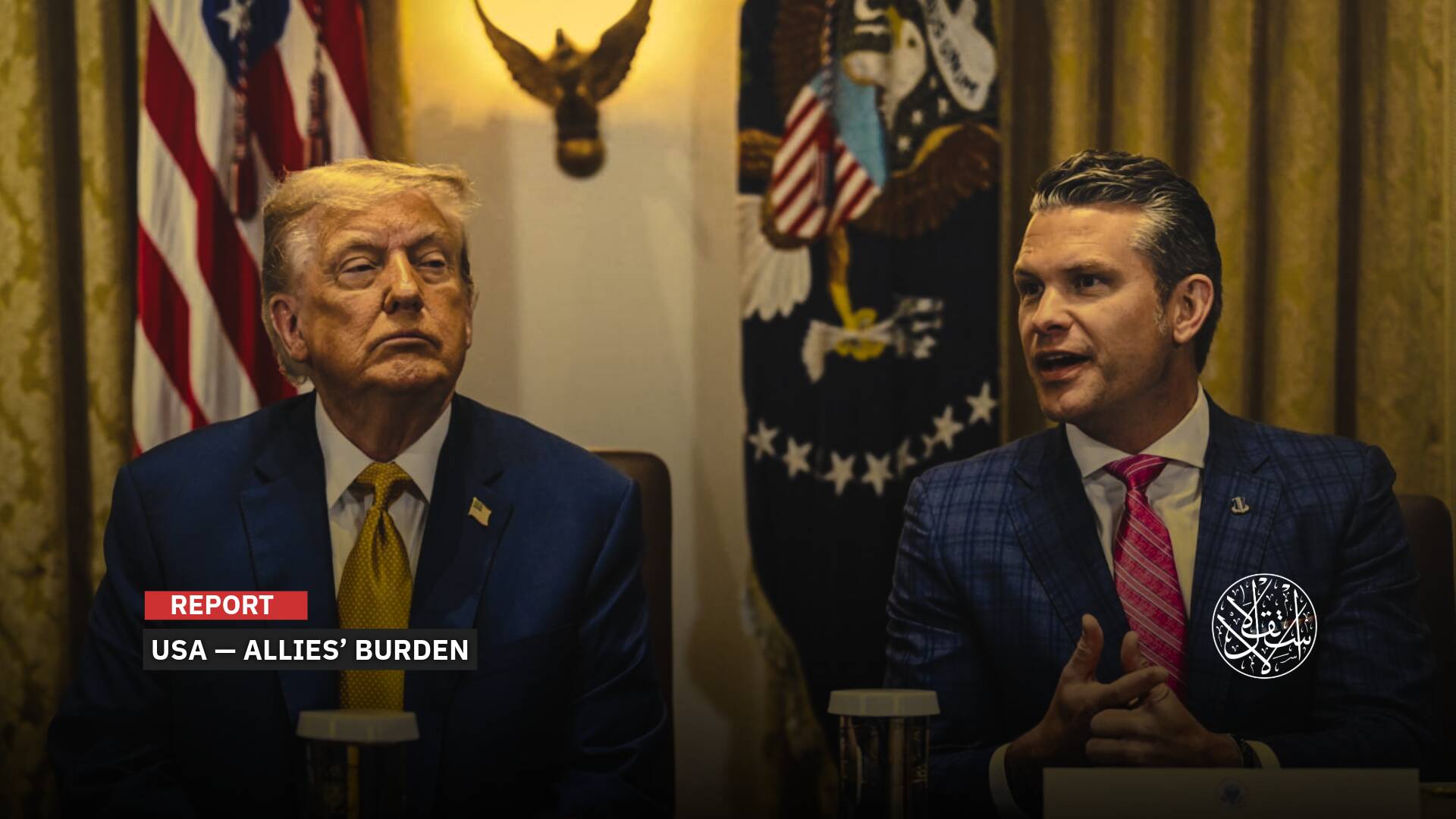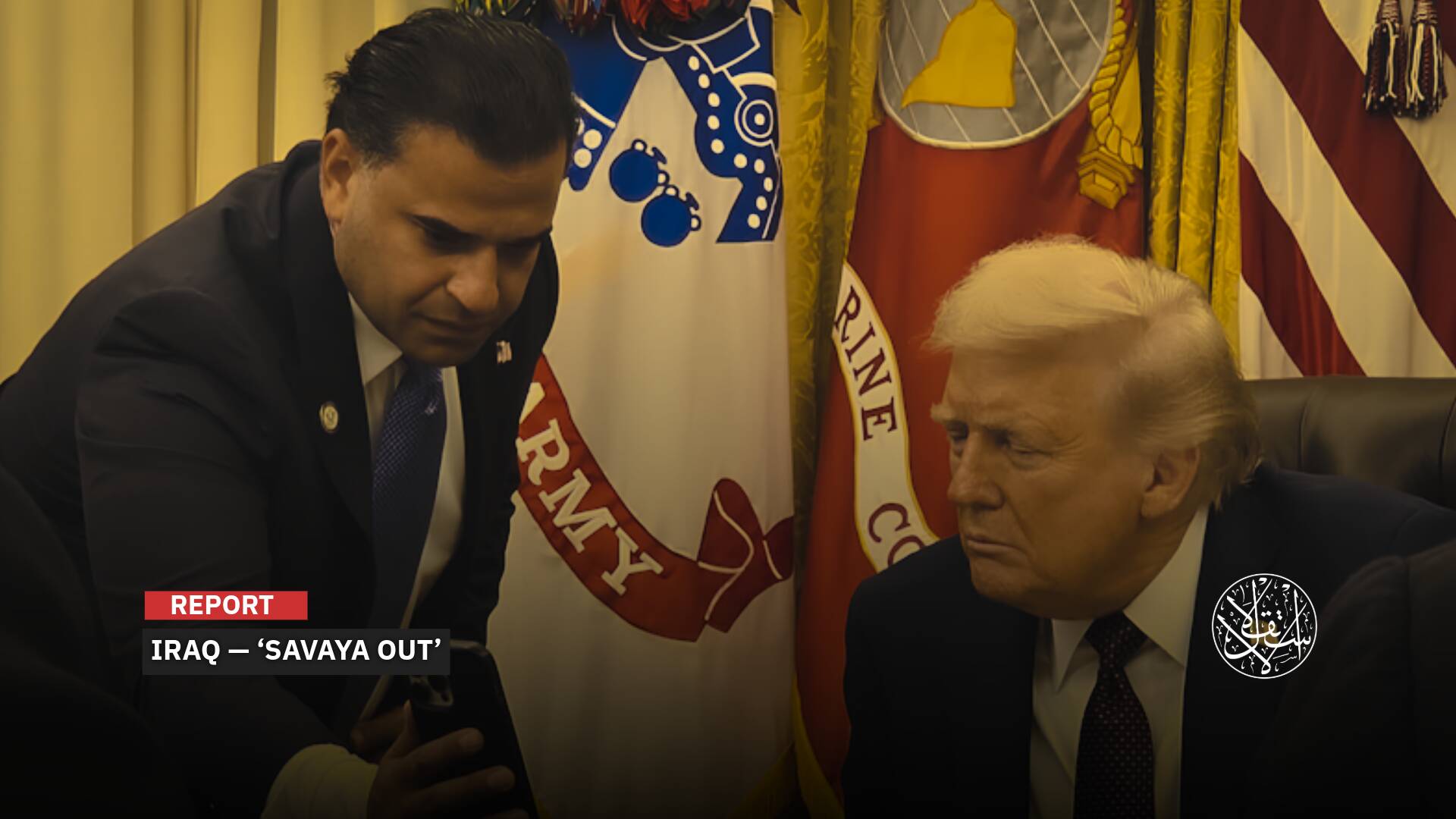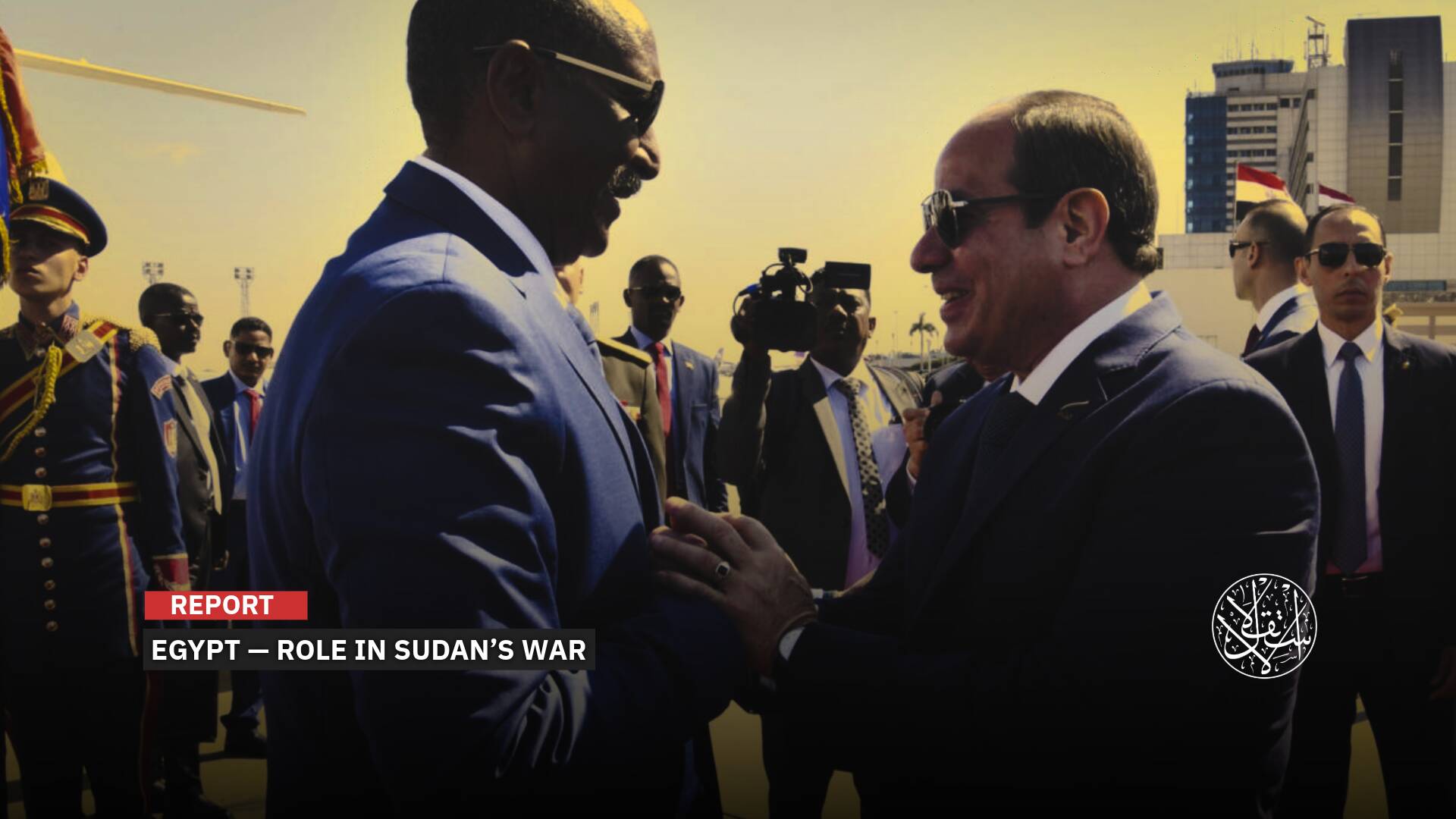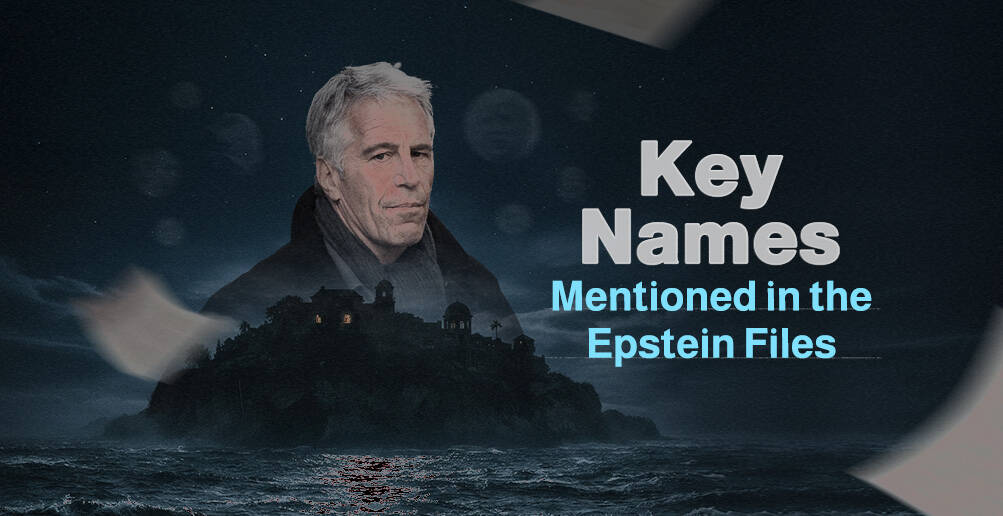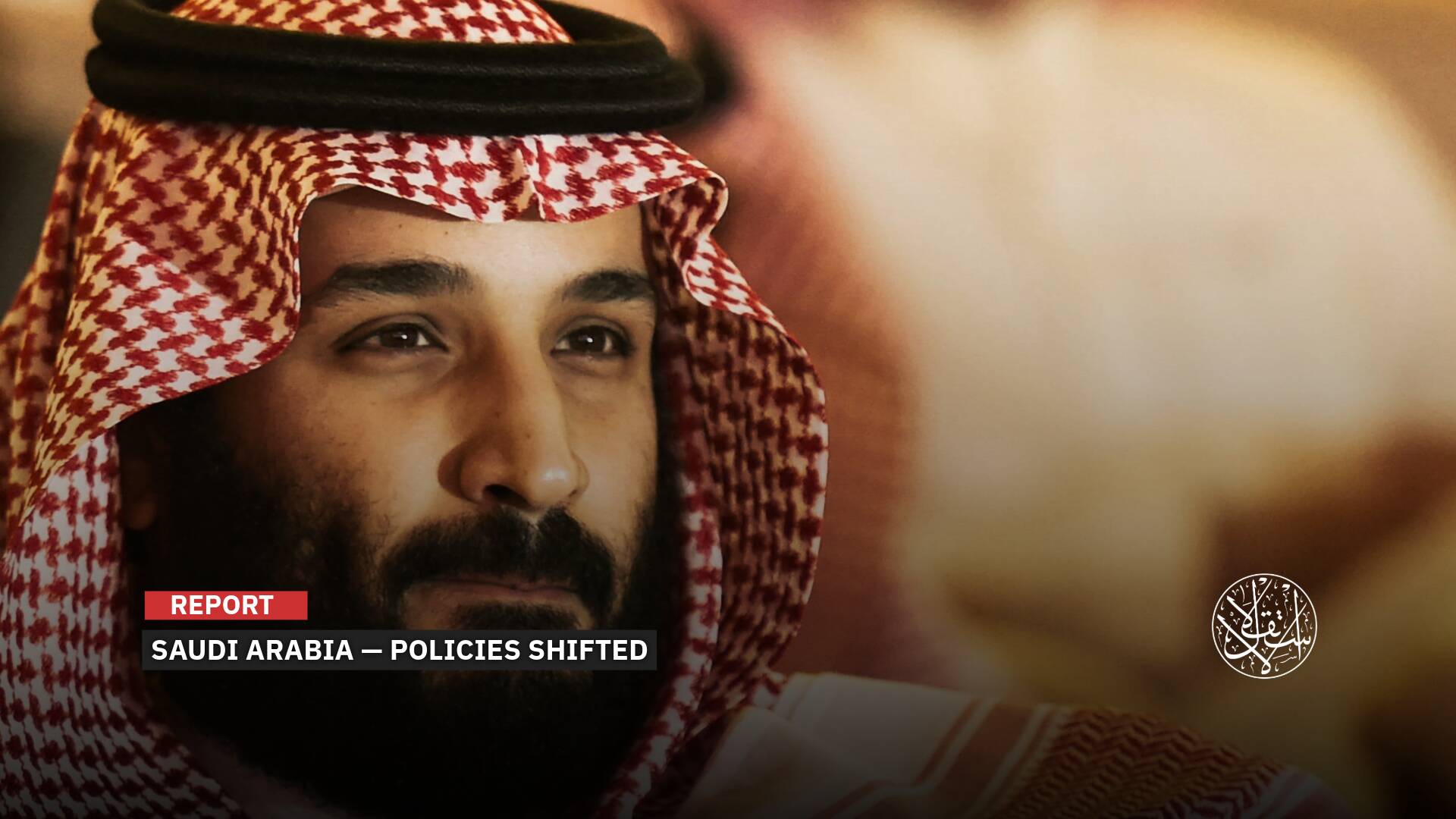Challenging Issues Left Behind by Raisi: What Are the Key Files Facing Iran's New President?

Analysts affirmed that the economy, the nuclear file, and foreign policy are among the foremost challenges.
After Iran's presidential elections aimed at replacing the late President Ebrahim Raisi, who tragically perished in a plane crash on May 19, 2024, concerns have emerged regarding the challenges facing reformist politician Masoud Pezeshkian.
Pezeshkian, who secured victory in Iran's presidential vote on July 6, 2024, now confronts a nation grappling with multiple crises exacerbated since the United States' withdrawal from the nuclear agreement 2018.
Stuck Files
Among the series of challenges facing the new Iranian president are popular discontent and internal divisions, as well as a stumbling economy and a turbulent region that pushed Iran to the brink of war twice in 2024, according to the New York Times report on June 28.
The American newspaper pointed out that presidential candidates were surprisingly outspoken in criticizing the current situation, with the economy, suffering from U.S. sanctions, corruption, and mismanagement, being the top priority for voters and candidates alike.
Iran has been experiencing an unprecedented economic downturn since the return of U.S. sanctions in 2018 after Washington's unilateral withdrawal from the 2015 nuclear agreement, with the country's inflation rate exceeding 52% by late March 2024, the highest in 80 years.
The report stated that the economy cannot be fixed without addressing foreign policy, including confronting the United States over the nuclear program and concerns about Iranian military intervention in the region through its network of proxy armed groups.
Neighboring Countries
At the same time, one of the challenges facing Iran’s new president is relations with neighboring countries, particularly Arab ones, despite the normalization witnessed in Saudi-Iranian relations during Ebrahim Raisi's tenure and the resumption of diplomatic representation in both countries since mid-2023.
Mousavi Khalkhali, editor-in-chief of the Iranian Diplomacy website, said that the relationship between Iran and Arab countries currently resembles a ceasefire with existing disputes, but after the Arab presence, especially Saudi Arabia, in the funeral of President Ebrahim Raisi, it appears that this relationship is on its way to improvement.
Khalkhali added during an interview with Al-Jazeera on June 28, 2024, that there are positive developments regarding relations with Egypt and the possibility of Iran developing its relations with Arab countries that have no relations with it so far.
On June 29, Reuters dismissed the notion that the upcoming president would wield substantial influence over Iran's nuclear policy or support for Middle Eastern armed groups. The report emphasized that Supreme Leader Khamenei retains control over state affairs and holds the authority to make decisions in these matters.

The Nuclear File
Regarding the Iranian nuclear agreement and the negotiations that faced setbacks during Raisi's presidency, the views of Iranian writers and analysts varied. Iranian writer Qasem Ghafouri stated that “the era of American unilateralism and dominance in the international system has ended, with structures like BRICS and Shanghai Cooperation Organization becoming prominent.” He pointed out the collapse of American hegemony in developments such as Ukraine and Russia's control over large parts of the country, as well as the Israeli Occupation’s defeat in Gaza over nine months.
Ghafouri added in an article in the conservative newspaper Siasatrooz on June 27 that "in light of these global changes, Iran's last path to play a global role is to engage in the new world order, away from friendship and closeness to the United States. Approaching the West and appeasing it will not lift sanctions and economic pressures but will lead to further isolation and loss of the neutralization components in the new world order."
Regarding plans to revive the nuclear agreement and join the Financial Action Task Force (FATF) based in France, Ghafouri believes that "this will not be in Iran's interest and will waste the country's time and energy. Sanctions will gradually end by 2028, making the country practically a normal state in terms of nuclear energy."
The writer concluded that "solving the country's economic problems lies in focusing on the right strategy to neutralize sanctions by relying on domestic resources, developing relations with neighbors and emerging institutions, rather than focusing on reviving the Joint Comprehensive Plan of Action and the Financial Action Task Force."
During Raisi's presidency, Iran approached Russia and China, gaining full membership in the Shanghai Cooperation Organization (SCO) and BRICS. It became an advanced partner in the Eurasian Economic Union and intends to sign a strategic agreement with Russia after signing one with China in 2023.
On the other hand, Iranian political analyst Mehdi Motaharnia stated that "decision-making centers and political circles in the United States are concerned with Iranian elections, studying their impacts, scope, and intensity. Changes in Iran's presidents create pretexts in Tehran that affect relations with the United States."
“We saw former President Hassan Rouhani and his foreign minister leaning towards the United States and signing the Iranian nuclear agreement, which constituted a shift in the rigid structure of the Iranian regime," he added in an article for the reformist newspaper Arman-e Mili.

Foreign Trade
In the realm of issues Iranian experts urged the new president to prioritize, economic expert Amin Delbari emphasized that "economic growth for countries is linked to foreign trade, just as investment is a driver of economic growth, foreign trade is also a driver of development and economic growth."
Delbari clarified in an article for the economic newspaper Eghtesad Online on June 27 that "the rapid growth of industrialized countries during economic maturity was due to expanding foreign trade with neighboring countries."
"Therefore, the importance of foreign trade in economic growth is so clear that it does not need to be proven again, according to the theory of historical and empirical evidence records," Delbari added.
Delbari pointed out that "Iran is currently undergoing its toughest period in terms of sanctions, necessitating attention to circumstances where sanctions impose restrictions on domestic and foreign trade, forcing governments to take measures to neutralize sanctions, which require regulation on their part."
“Sanctions in Iran lead to increased costs of imported and exported goods, adding to the cost of domestic production and imported goods, making local products unable to compete with foreign ones at all, due to price, export difficulties, and rising costs."
The writer urged the new president to address the issue of the Financial Action Task Force (FATF) and find a solution to this dilemma based on the Iranian constitution and considering the country's interests, because production and reliance on domestic resources alone will not solve the problem, and foreign trade is the primary engine of the global economy.

On May 31, 2024, Iranian Deputy Minister of Economy, Mohammad Rezvani-Far, announced that his country's foreign trade value for the current year (Iranian year starting on March 20) reached $25.28 billion.
Speaking to the official IRNA news agency, Rezvani-Far stated, "Iran's non-oil exports saw a 3.8% increase in the first two months of this year compared to the same period last year."
"Iran's non-oil exports in the first two months of this year amounted to $8 billion, marking a 3.8% increase from the same period last year."
"The total value of Iran's foreign trade (imports and exports) in the first two months of this year was $25.28 billion, with exports including crude oil, fuel oil, technical engineering services, and commodity trade amounting to $16 billion […] However, we have a trade deficit of about $1 billion in foreign trade," he added.
Sources
- With Voter Discontent High, Turnout Appears to Plummet in Iran
- Iran Newspaper: What are the most important files on the table of the next Iranian president? [Arabic]
- Foreign policy: The most prominent files awaiting the next president of Iran [Arabic]
- Iran reveals the value of its foreign trade at the beginning of this year [Arabic]


